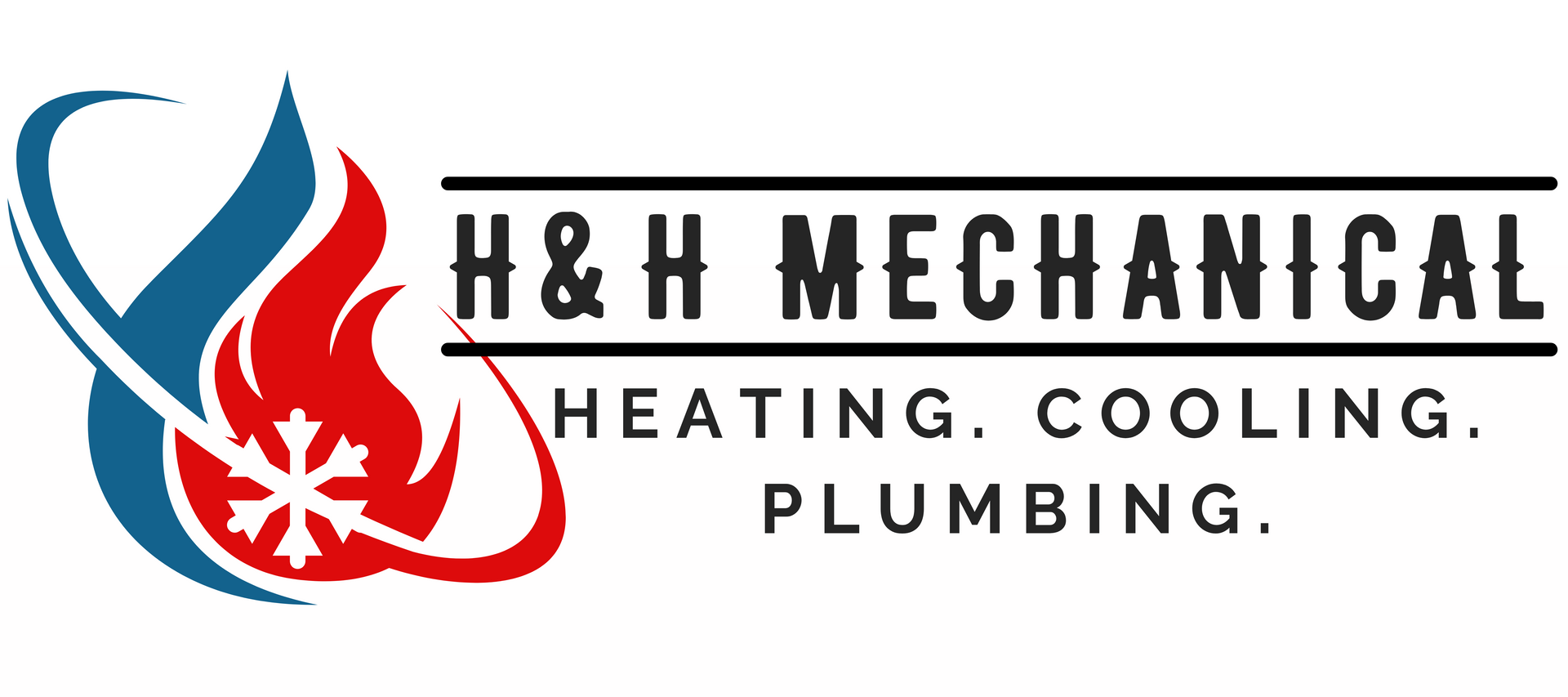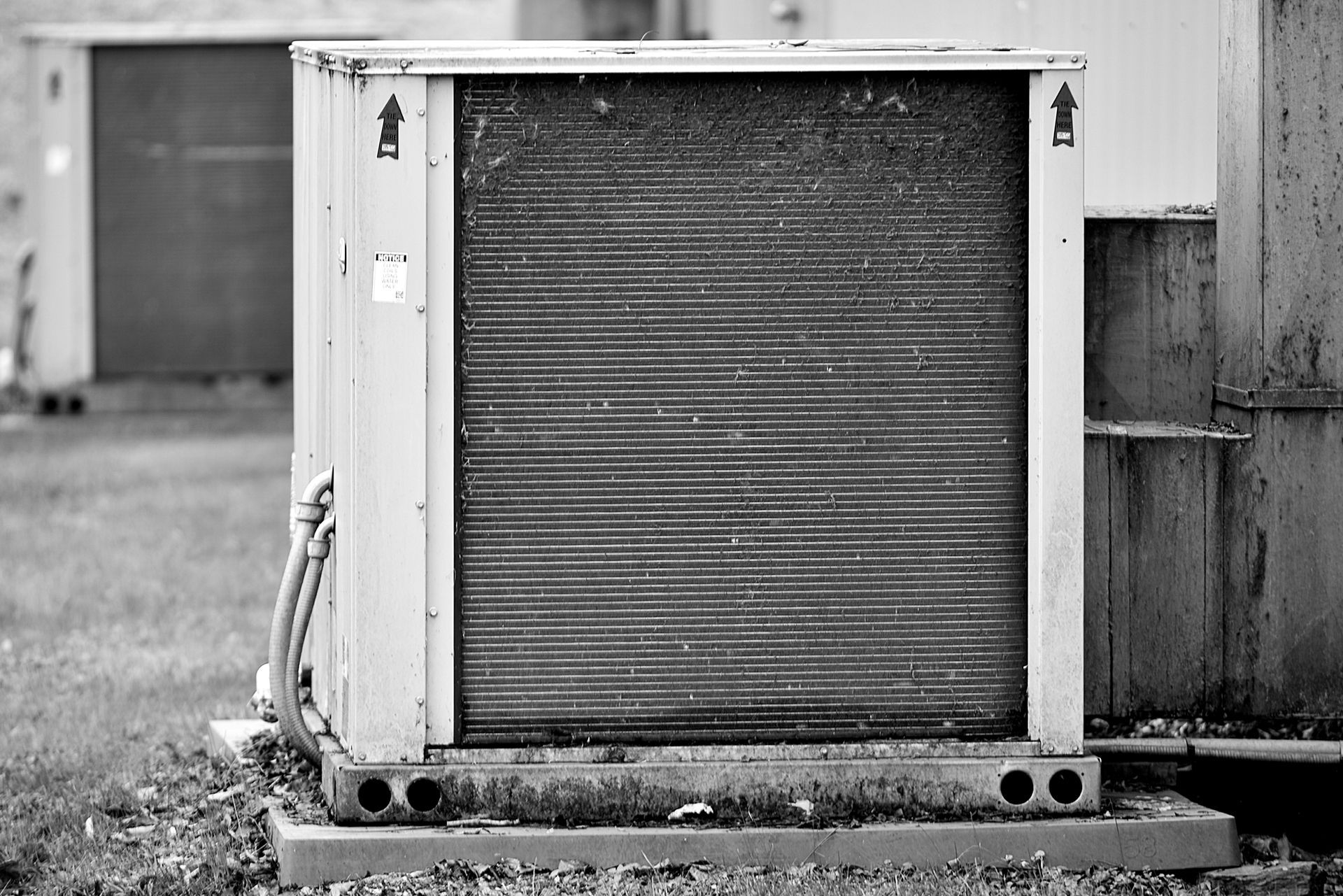The Advantages of Ductless HVAC Systems and How to Choose the Right One for Your Home
With the advancements in technology, ductless HVAC systems are becoming increasingly popular. These systems offer a variety of advantages over traditional HVAC systems, such as improved energy efficiency, greater control over temperature and humidity levels, and easier installation. If you are looking to upgrade your home’s heating and cooling system, a ductless HVAC system may be the perfect choice for you. In this article, we will discuss the advantages of ductless HVAC systems and how to choose the right one for your home.
The Benefits of Installing a Ductless HVAC System in Your Home
Installing a ductless HVAC system in your home can provide you with a range of benefits. Not only will it help to improve the energy efficiency of your home, but it will also help to create a more comfortable living environment. With improved air quality and home comfort solutions, you can enjoy the benefits of a ductless HVAC system for years to come. From saving energy to reducing noise pollution, there are plenty of reasons why you should consider investing in a ductless HVAC system for your home.
- High efficiency equals lower utility bills
- You can create zoned areas for even more efficiency
- Attractive indoor units boast super quiet operation
- No bulky exhaust hoses are required
- Split systems cost less overall than central AC systems
How to Choose the Right Ductless HVAC System for Your Home
Choosing the right ductless HVAC system for your home can be a daunting task. With so many factors to consider, such as the size of your home, energy efficiency, and cost, it’s important to make sure you get the right system for your needs. Fortunately, there are a few tools available that can help you make an informed decision about which system is best suited for your home. A mini split sizing calculator is one of these tools and is a great way to determine what size ductless HVAC system you need for your space. Don't worry if you don't know how to size your system, our H & H Mechanical estimators are here to help. They're eager to discuss sizing and placement with you and make sure you get the best system for your needs!
What are the Different Types of Ductless HVAC Systems?
Ductless HVAC systems are becoming increasingly popular due to their energy-efficiency, flexibility and ease of installation. They offer a variety of options for homeowners looking to heat or cool their home without the need for extensive ductwork.
When it comes to choosing a ductless HVAC system, there are two main types: single zone and multi-zone systems. Single zone systems are perfect for small spaces such as bedrooms or offices, while multi-zone systems can be used in larger areas like living rooms or basements. Additionally, there are wall mounted units and ceiling cassettes that can be used depending on the space available.
No matter what type of system you choose, all ductless HVACs offer great energy savings and convenience compared to traditional HVACs. With a wide range of options available, you’ll be sure to find one that suits your needs perfectly!







